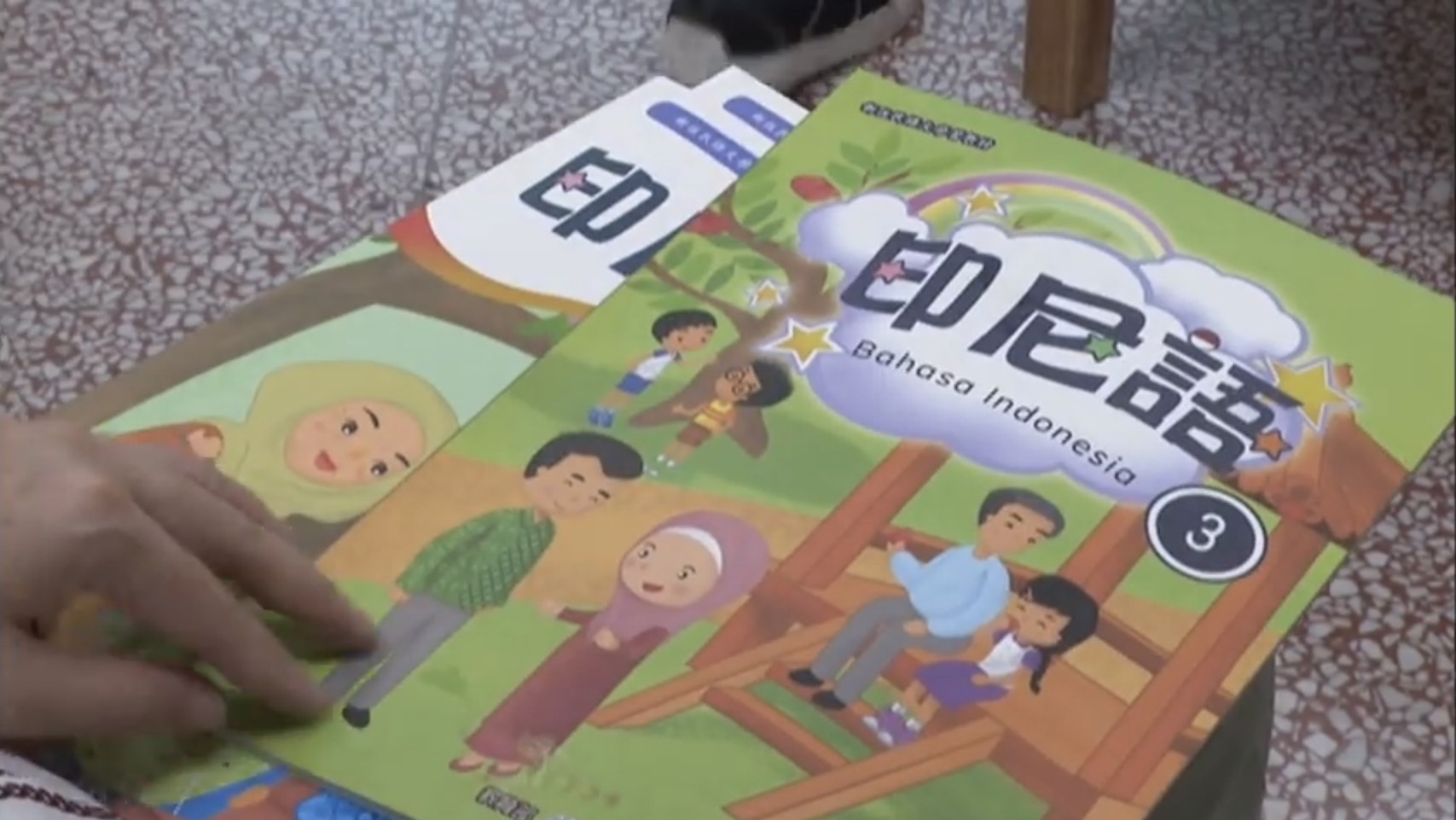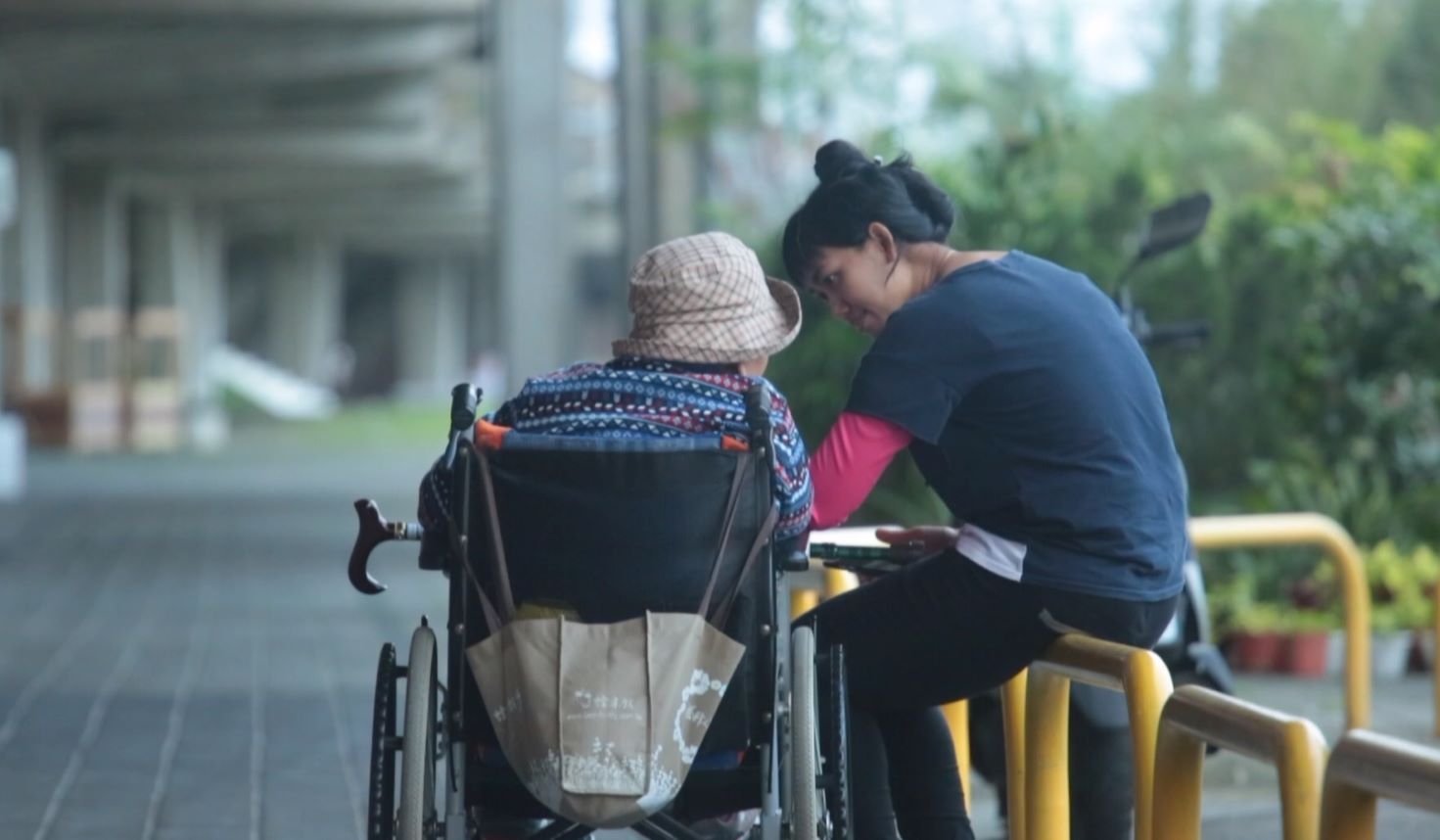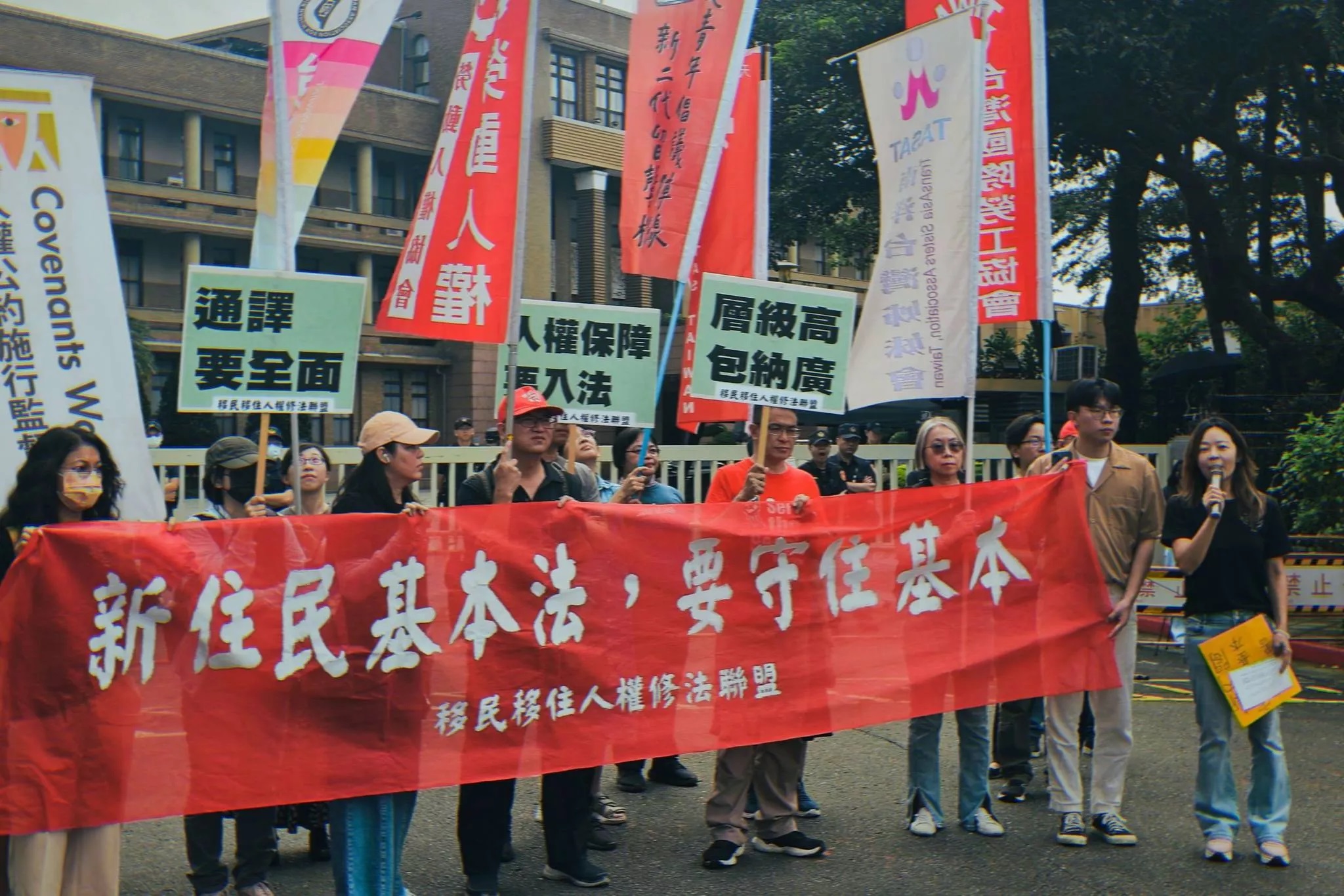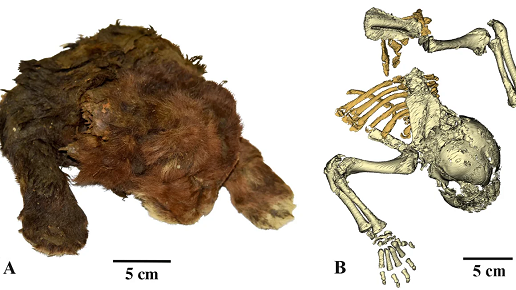The number of new residents and second-generation new residents in Taiwan has exceeded one million. On June 21, the Executive Yuan approved the "New Resident Rights Protection Act draft," but civil organizations criticized it for not incorporating public opinion. The following are the controversial points of the draft:
Definition of New Residents Article 2 of the draft stipulates that new residents will no longer be protected after residing in Taiwan for three years. The Youth Migrant Advocacy Alliance believes that the concept should focus on "living in Taiwan," including all migrant workers, and should not exclude blue-collar workers. Legislator Mai Yu-zhen stated on Facebook that the Ministry of the Interior has agreed to delete this restriction during negotiations. The number of new residents and second-generation new residents in Taiwan has exceeded one million. (Photo taken from PTS News Network)
The number of new residents and second-generation new residents in Taiwan has exceeded one million. (Photo taken from PTS News Network)
Controversy Over the Name of the Law The Executive Yuan and the Democratic Progressive Party (DPP) refer to it as the "New Resident Rights Protection Act," while the Kuomintang (KMT) and the People’s Party refer to it as the "Basic Law for New Residents." Minister of the Interior Liu Shi-fang stated that the "Rights Protection Act" is more suitable for immediate implementation of rights protection, while the Basic Law requires many subsidiary laws to complete the legal system. Legislator Luo Mei-ling believes that only a substantive law can immediately protect rights.
Level of the Responsible Unit Civil organizations are demanding that a new responsible unit be established as a second-level agency under the Executive Yuan. Hung Man-chih, chairperson of the Taiwan Nanyang Sisters Association, pointed out that the current National Immigration Agency is a third-level unit and lacks comprehensive planning. The negotiation resolution requires the Ministry of the Interior to establish a "New Residents Division" parallel to the National Immigration Agency within one year after the legislation is passed. The National Immigration Agency stated that the act aims to ensure that new residents become a part of Taiwanese society. (Photo taken from PTS News Network)
The National Immigration Agency stated that the act aims to ensure that new residents become a part of Taiwanese society. (Photo taken from PTS News Network)
Shortening the Naturalization Period for Mainland Chinese Spouses A motion to amend the draft was proposed, adding a provision that "the government should treat new residents of different nationalities or regions equally in administrative measures." DPP legislators criticized this as effectively shortening the naturalization period for mainland Chinese spouses, and, due to the high status of the Basic Law, it may affect the "Act Governing Relations Between the People of the Taiwan Area and the Mainland Area." The People’s Party accused the DPP of deliberately painting them in a negative light and withdrew from the negotiation conclusion, making it impossible for the bill to pass the third reading on the 15th.
These controversies reflect the inadequacies and challenges of the draft in protecting the rights of new residents.







